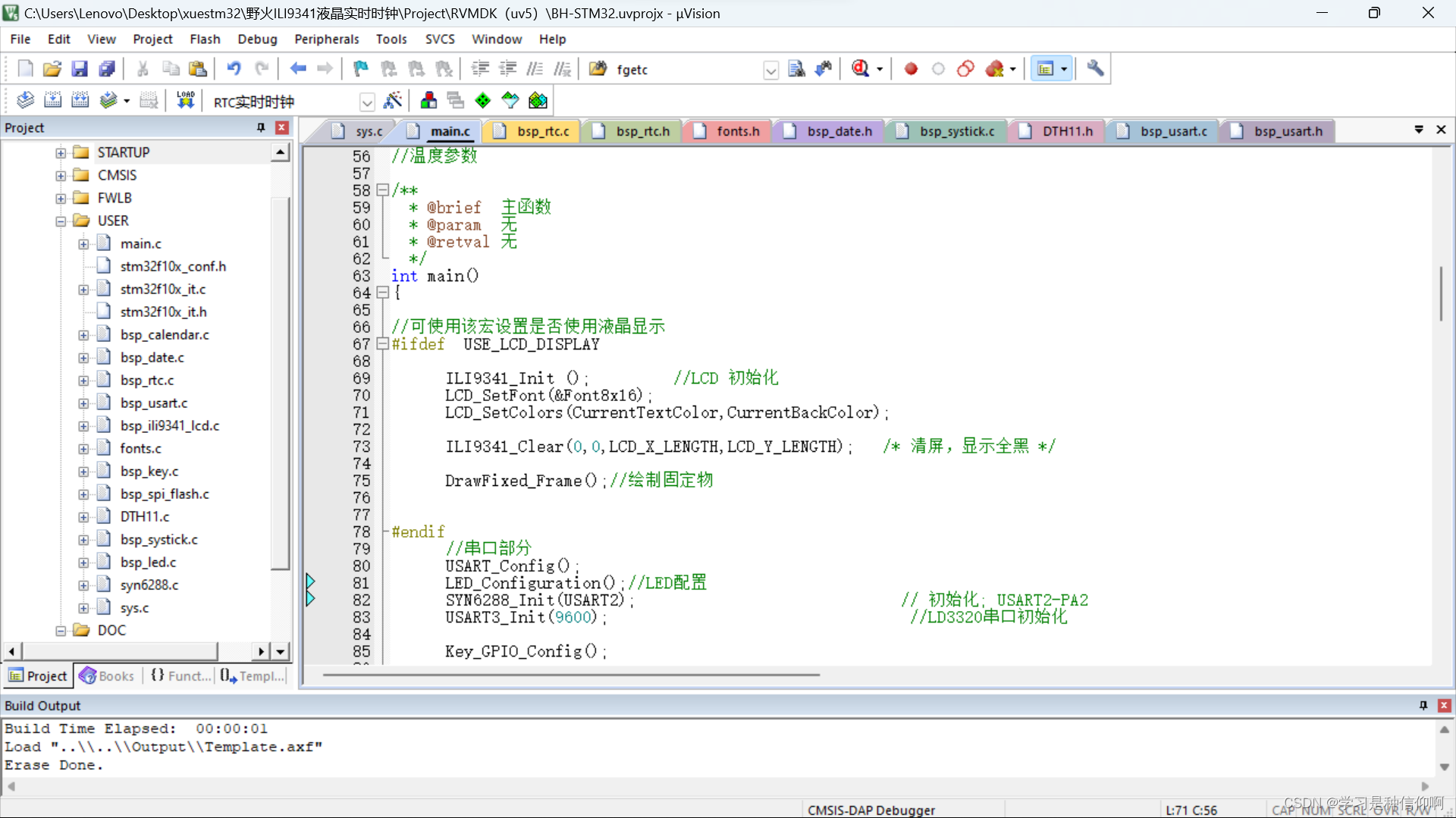基于python的AES,DES随机密钥生成及批量加密
#!/usr/bin/env python# -*- coding=utf-8 -*-"""AES加密解密工具类数据块128位key 为16位iv 为16位,且与key相等字符集utf-8输出为base64AES加密模式 为cbc填充 pkcs7padding"""from Crypto.Cipher import AESfrom Crypto.Cipher import DESfrom pyDe
·
#!/usr/bin/env python
# -*- coding=utf-8 -*-
"""
AES加密解密工具类
数据块128位
key 为16位
iv 为16位,且与key相等
字符集utf-8
输出为base64
AES加密模式 为cbc
填充 pkcs7padding
"""
from Crypto.Cipher import AES
from Crypto.Cipher import DES
from pyDes import des, CBC, PAD_PKCS5
import binascii
import struct
import base64
import random
import sys
from pyDes import *
from binascii import b2a_hex, a2b_hex
def pkcs7padding(text):
"""
明文使用PKCS7填充
最终调用AES加密方法时,传入的是一个byte数组,要求是16的整数倍,因此需要对明文进行处理
:param text: 待加密内容(明文)
:return:
"""
bs = AES.block_size # 16
length = len(text)
bytes_length = len(bytes(text, encoding='utf-8'))
# tips:utf-8编码时,英文占1个byte,而中文占3个byte
padding_size = length if(bytes_length == length) else bytes_length
padding = bs - padding_size % bs
# tips:chr(padding)看与其它语言的约定,有的会使用'\0'
padding_text = chr(padding) * padding
return text + padding_text
def pkcs7unpadding(text):
"""
处理使用PKCS7填充过的数据
:param text: 解密后的字符串
:return:
"""
length = len(text)
unpadding = ord(text[length-1])
return text[0:length-unpadding]
def encrypt(key, content):
"""
AES加密
key,iv使用同一个
模式cbc
填充pkcs7
:param key: 密钥
:param content: 加密内容
:return:
"""
key_bytes = bytes(key, encoding='utf-8')
iv = key_bytes
cipher = AES.new(key_bytes, AES.MODE_CBC, iv)
# 处理明文
content_padding = pkcs7padding(content)
# 加密
encrypt_bytes = cipher.encrypt(bytes(content_padding, encoding='utf-8'))
# 重新编码
result = str(base64.b64encode(encrypt_bytes), encoding='utf-8')
by = bytes(result, 'UTF-8') # 先将输入的字符串转化成字节码
hexstring = by.hex() # 得到16进制字符串,不带0x
return hexstring
def decrypt(key, content):
key_bytes = bytes(key, encoding='utf-8')
iv = key_bytes
cipher = AES.new(key_bytes, AES.MODE_CBC, iv)
# base64解码
encrypt_bytes = base64.b64decode(content)
# 解密
decrypt_bytes = cipher.decrypt(encrypt_bytes)
# 重新编码
result = str(decrypt_bytes, encoding='utf-8')
# 去除填充内容
result = pkcs7unpadding(result)
return result
def des_encrypt(key,content):
"""
DES 加密
:param s: 原始字符串
:return: 加密后字符串,16进制
"""
key_bytes = bytes(key, encoding='utf-8')
iv = key_bytes
cipher = DES.new(key_bytes, DES.MODE_CBC, iv)
# 处理明文
content_padding = pkcs7padding(content)
# 加密
encrypt_bytes = cipher.encrypt(bytes(content_padding, encoding='utf-8'))
# 重新编码
result = str(base64.b64encode(encrypt_bytes), encoding='utf-8')
by = bytes(result, 'UTF-8') # 先将输入的字符串转化成字节码
hexstring = by.hex() # 得到16进制字符串,不带0x
return hexstring
return result
count=0
while (count<1000000):
count = count + 1
def get_source(n):
"""
获取明文
"""
c_length = int(n)
source = 'ABCDEFGHIJKLMNOPQRSTUVWXYZabcdefghijklmnopqrstuvwxyz0123456789'
length = len(source) - 1
result = ''
for i in range(c_length):
result += source[random.randint(0, length)]
return result
def get_key(n):
"""
获取密钥 n 密钥长度
:return:
"""
c_length = int(n)
source = 'ABCDEFGHIJKLMNOPQRSTUVWXYZabcdefghijklmnopqrstuvwxyz0123456789+/'
length = len(source) - 1
result = ''
for i in range(c_length):
result += source[random.randint(0, length)]
return result
'''number = random.randint(1, 100)'''
result=get_key(8)
source_en = get_source(16)
'''encrypt_en = encrypt(result, source_en)
print(encrypt_en)
file = open("E:\AES.txt", "a")
file.write(encrypt_en)
file.write('\n')'''
desencrypten=des_encrypt(result,source_en)
print(desencrypten)
file = open("E:\DES.txt", "a")
file.write(desencrypten)
file.write('\n')更多推荐
 已为社区贡献2条内容
已为社区贡献2条内容








所有评论(0)